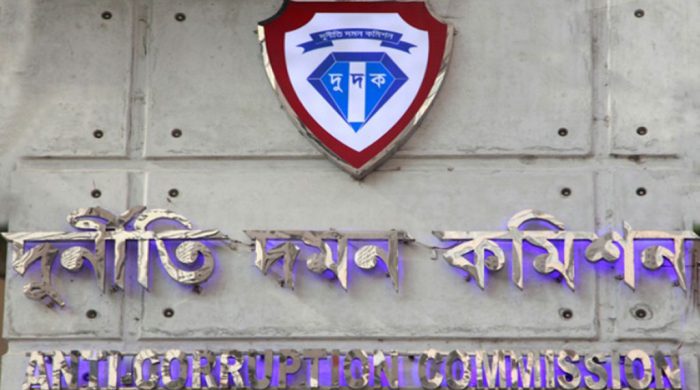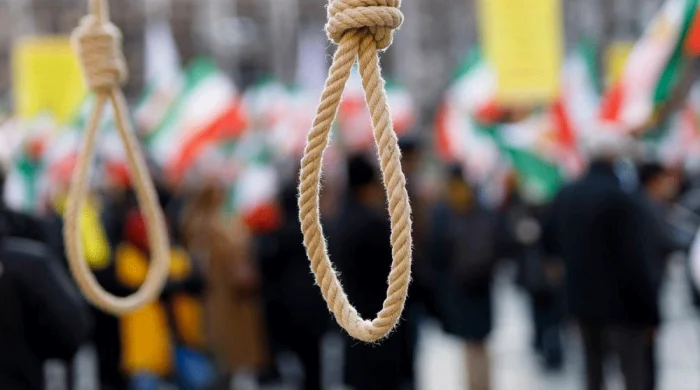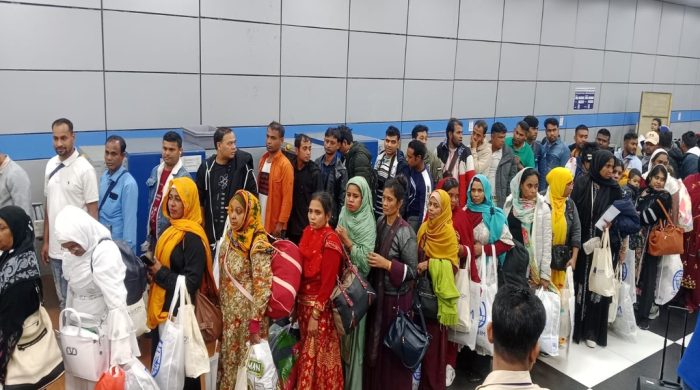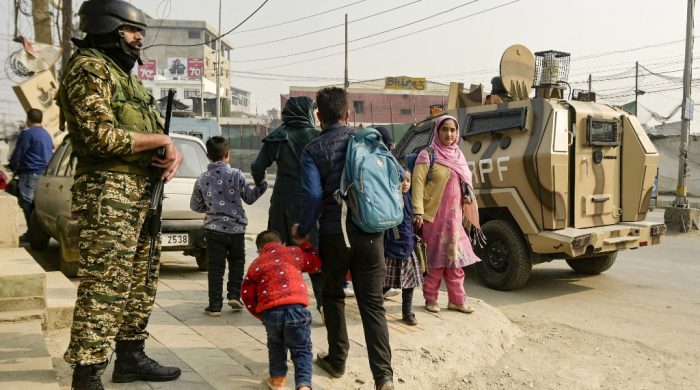Police face barrages of corruption allegations

- Update Time : Thursday, June 27, 2024
- 25 Time View

The Anti-Corruption Commission is carrying out inquiries or scrutinising corruption allegations against several dozen retired and serving police officials over various allegations of corruption.
The allegations of corruption against the police officials include accumulation of wealth beyond known sources of income, money laundering, abuse of power, and bribery, ACC officials said.
More than 50 police officials, from the rank of former inspector general of police to constable, are now facing an inquiry or investigation by the ACC on graft allegations, they said.
On April 18, the ACC made a decision to conduct an inquiry against former IGP Benazir Ahmed and his family members over amassing illegal wealth.
During the inquiry, ACC found a total of 697 bigha of land, 12 flats in Dhaka, and shares in 21 companies in the name of Benazir and his family that a Dhaka court seized.
The court also ordered the freezing of a Tk 30 lakh investment in savings certificates, 33 bank accounts, and three BO (Beneficiary Owner’s) accounts.
Amid allegations of amassing illegal wealth, the ACC’s scrutinising cell is also examining the graft allegations against former DMP commissioner Asaduzzman Mia and Barishal Range DIG of police Md Jamil Hasan, said ACC officials.
ACC on Monday filed a case against former senior assistant superintendent of police Md Abul Kashem with its integrated district office in Chittagong over corruption allegations.
On May 13, the ACC also decided to run an inquiry against additional deputy inspector general of police Sheikh Rafiqul Islam Shimul, who allegedly amassed a huge amount of assets.
On May 30, a Dhaka court imposed an international travel ban on additional superintendent of police Uttam Kumar Biswas, who is also facing an ACC inquiry for amassing illegal wealth.
In July last year, the ACC filed a case against superintendent of police Subrata Kumar Halder, accusing him of accepting bribes from aspirants for police jobs in Madaripur.
ACC officials said SP of Joypurhat Mohammad Noor-e-Alam, superintendent of police Suvash Chandra Saha, and CMP’s former assistant superintendent of police ABM Shahadat Hossain are among those facing an ACC inquiry and investigation over corruption allegations.
Apart from this, a number of former and serving officer-in-charges and inspectors, including former OC Mathbaria police station in Pirojpur, Syed Abdullah, traffic inspector Ziaul Chowdhury, PBI’s former inspector Faridul Islam Khan, inspectors Abul Bashar, Javed Masud, Md Russell, and Mahmudul Hasan, are also facing ACC inquiries.
Several sub-inspectors and constables of police are also under ACC scanners, including SI Babul Islam, Sare-e-Alam, Md Ayub Ali, Moniruzzaman, and constables Nuruzzaman Sumon, Jahidul Islam, and Mehedi Hasan.
Experts questioned why these complaints were not checked by the police force against their officials and had to be scrutinised by the ACC.
When contacted, former IGP Muhammad Nurul Huda said there was a mechanism in the police service to check corruption if any official was found involved.
‘Police can take action against its officials over corruption under Police Regulations Bengal 1943, Government Servants (Discipline and Appeal) Rules, and The Police Officers (Special Provisions) Ordinance, 1976,’ he said.
Despite the presence of these rules, allegations of graft are now being raised against police officials, said the former IGP.
Transparency International Bangladesh, in a survey in 2022, found law enforcement agencies to be the most corrupt sector among the 17 service sectors in Bangladesh.
The report said 74.4 per cent of people became victims of their corruption, and 55.7 per cent of people had to pay bribes of an average of Tk 6,635 each for their services.
Regular police, special police, traffic police, highway police, and the Rapid Action Battalion were among the agencies involved in the corruption.
‘Most police officers are involved with corruption, and the graft is institutionalised at the police,’ TIB executive director Iftekharuzzaman told New Age.
He said that corruption by the police continued unabated due to a lack of inaction, accountability, and a culture of impunity.
‘The police have a lot of contributions to the country, but in exchange, we cannot recognise their abuse of power and corruption,’ he added.
IGP Chowdhury Abdullah Al-Mamun said on Monday that the police were following a zero-tolerance policy against corruption.
Action will be taken if specific allegations of corruption are found against police officials, he said while replying to questions from journalists at a programme in Dhaka.
Amid reports of corruption allegations against top police officials, the Bangladesh Police Service Association, in a statement on June 21 called the media reports against its officials ‘partial, ill-motivated, sweeping, and exaggerated.’
BPSA also urged the media to be more cautious while publishing reports on the police.
BPSA faced backlash after its statement concerning media reports on alleged corruption by retired and serving police officials.
Journalist organisations, political parties, and good governance campaigners criticised the BPSA statement as unconstitutional and argued that it would protect corrupt officers and encourage corruption.
Former cabinet secretary Ali Imam Majumder criticised the BPSA statement, saying that it was inappropriate and overly emotional for a few individuals within a large force.
He said all officials of the police are not involved in corruption. So the authorities should bring corrupt police officials to book and ensure accountability.
About the ACC’s recent move over scrutiny of police officials, ACC chairman Mohammad Moinuddin Abdullah said the commission never targets any particular force in its drives against corruption.
He said they did not prepare any list of particular forces for inquiries over graft allegations.
‹We will look into each of the graft allegations against anyone, whatever identities they have or the organisations they belong to,’ said the ACC chairman, also a retired bureaucrat.

























